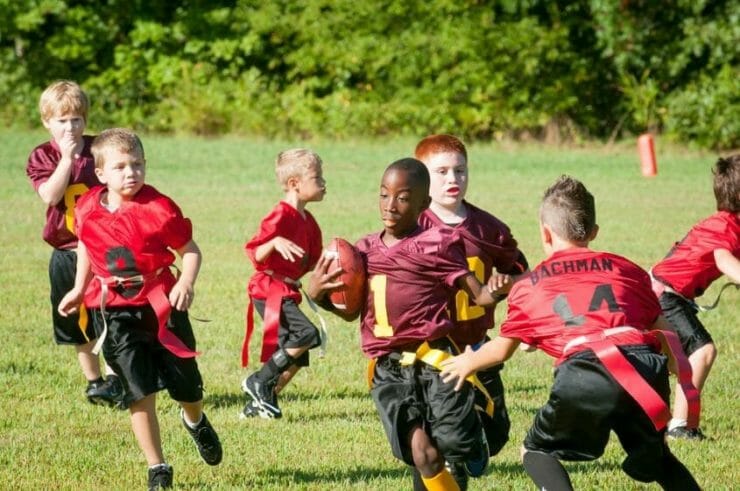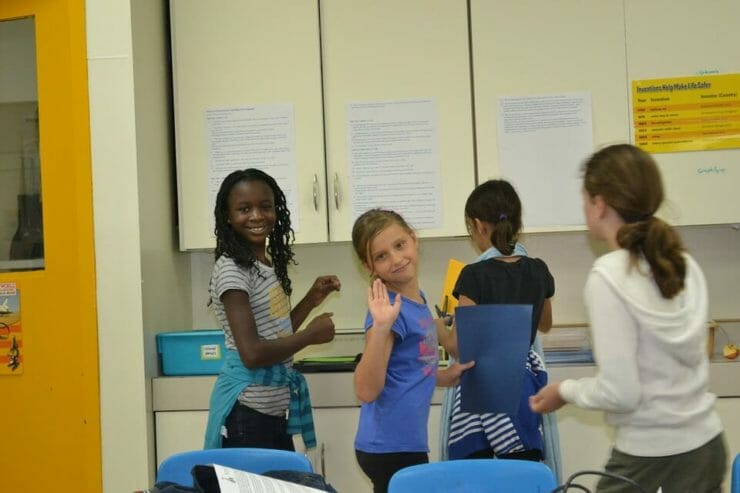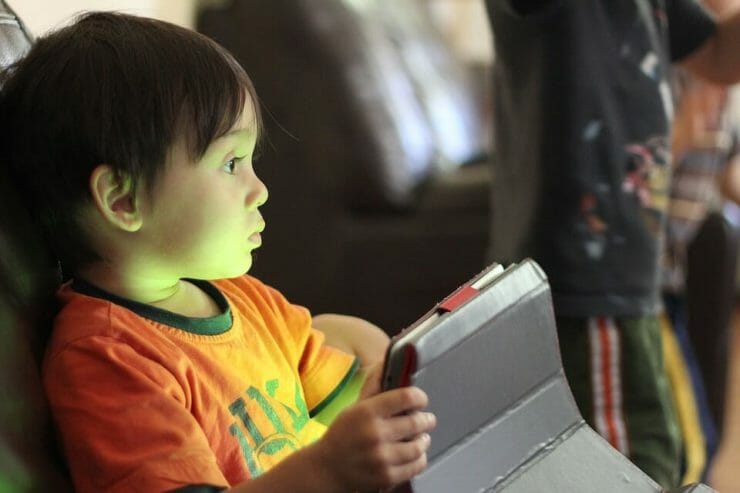
Kinaesthetic kids needs to move in order to think. They are also very sensitive to others and have lots of “gut” feelings. Kinaesthetic children learn by doing.
Too often, these kids are treated as trouble makers, being blamed for not being able to sit still. However, but forcing them to sit and be quiet, we effectively shut down their brain and ensure that they learn nothing. More than that, we teach them that learning is not fun.














